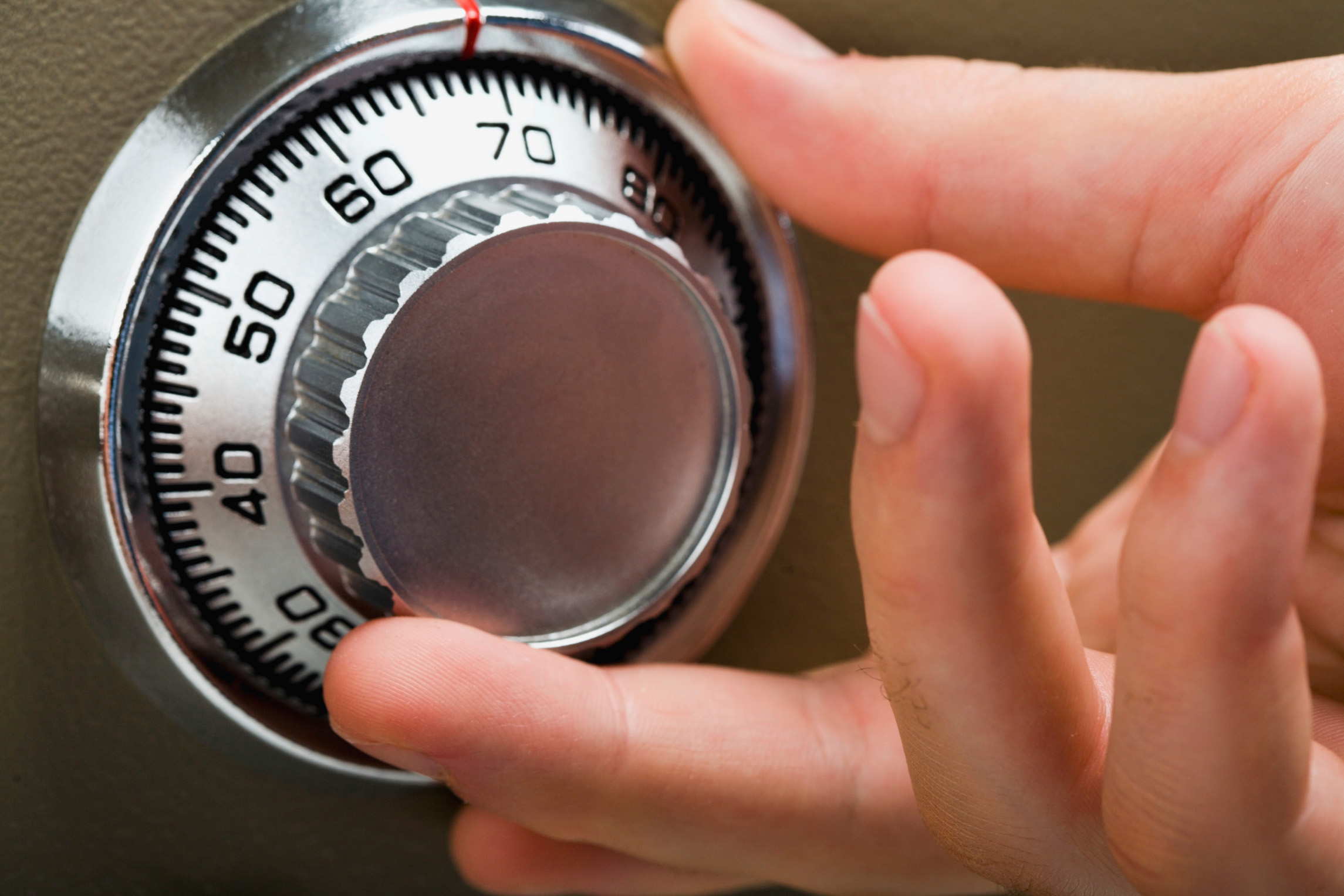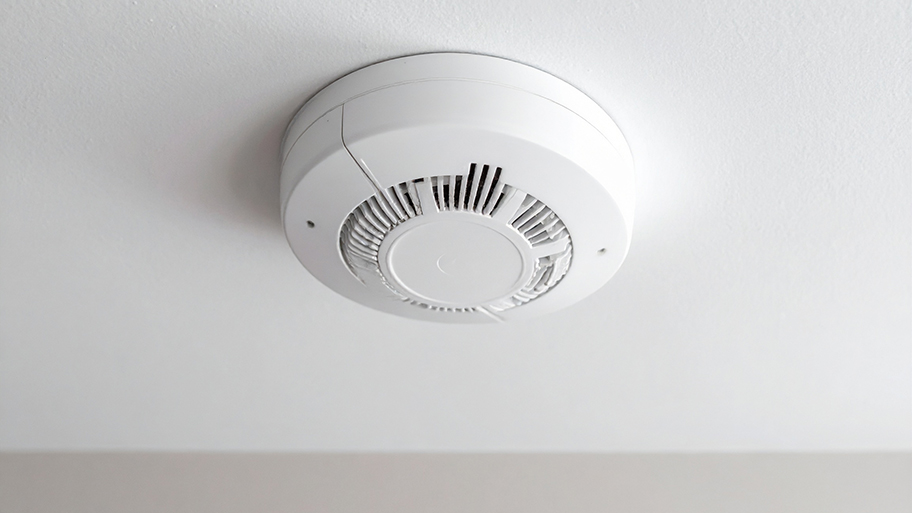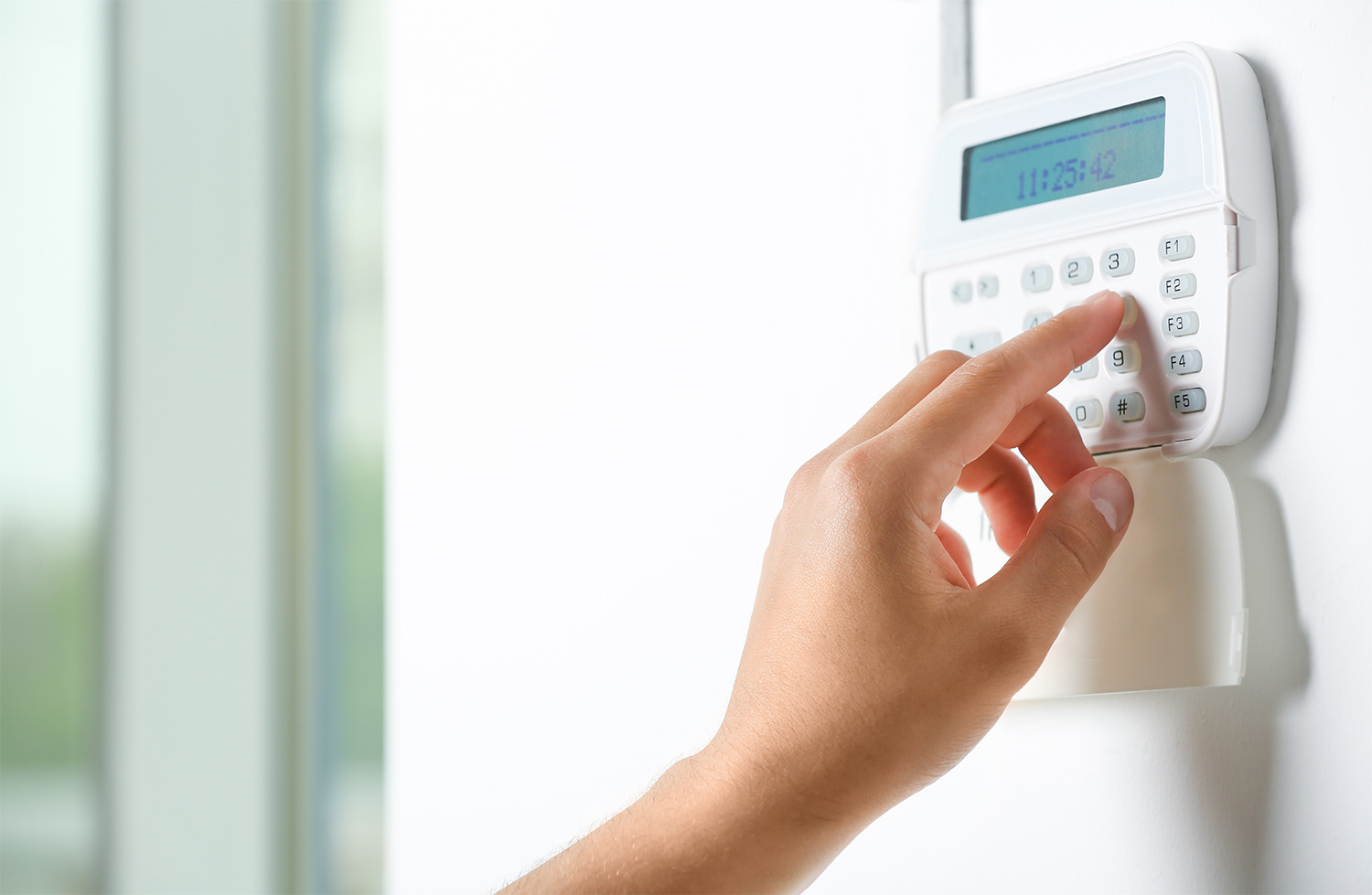
From warding off intruders to protecting from falls, bars on windows can make a home much more secure. Here’s how much it costs to install bars on windows.
The best security system PIN involves more creativity than “1, 2, 3, 4”


You’ve just installed your new home security system, and you're feeling safer already. But your home isn’t really secured fully until you select a Personal Identification Number or PIN.
It's a step many people are tempted to slack on, but that's not a good idea. Having a bad PIN can put your home at risk, making it easy to crack the code and disarm your system if you haven't chosen a unique combination.
This guide will tell you why security PINs are so important, how to avoid a bad or weak PIN, and how to protect your code from ne'er-do-wells.
A Personal Identification Number, or PIN, is a security measure that confirms that the user who is requesting access to a system is authorized to do so. You’ve probably used one at an ATM, but your home security system also likely has this feature.
And yet, an alarming number of people don't take PIN-setting seriously, creating weak pin numbers like "1234." What good is your home security system if it can be disabled easily?
The best way to create a good PIN for your home security system is to choose one where the numbers are spaced out randomly on the keypad. This likely goes against instinct, which is to choose something sequential, familiar, or easily memorized. Unfortunately, what’s easy for you to remember, will also be easy for a criminal to guess.
Take some time to brainstorm a combination that isn’t instinctual; take your first idea, discard it, and come up with one more complex. Then, write it down and lock it in a safe if you're worried about forgetting it. Remember, you can always contact the security company to unlock it if you forget it.

Simply creating a good PIN may not be enough if you have a persistent criminal who really wants to find a way to access your home. Take a few other additional security measures to keep your PIN from getting into the wrong hands.
No, this is not just something you see in movies: it is possible for a criminal to figure out your code based on the fingerprints you leave on the control panel. Wipe down the surface each time after you use it. Also, pay attention to signs of wear and tear that may show up after repeated use If the fading gets bad enough, you might consider replacing the control panel.
Even if the numbers themselves don’t follow a specific pattern, they may follow a spatial pattern when you enter them on the keypad, and that can be just as risky (if not more so). For example, if your pin was “4268,” you would be creating a “plus” sign on the keypad, or if you chose the pin “1397,” you would be hitting all four corners in clockwise order. That’s easy for a crook to pick up on, and imitate.
Instead, pick something like "7168," where your finger must roam all over the keypad to enter the code (of course, don't use this if you were born on July 1, 1968).
If possible, try to keep your control panel hidden so no one can get a peek of you entering a code from a distance. If you’ve already installed your panel, try positioning decorations or other items to obscure it. If installing a new system, ask the technician to install your panel somewhere not immediately visible to passersby.
It’s smart to change your PIN every year—or more if you feel it's necessary—to avoid the problem of wear and tear on the buttons. Switch up the numbers you use at this time so certain buttons don’t fade faster than others.
People who set a generic PIN often go by a predictable pattern, using one of the formats below:
Dates, like a birthday
Consecutive numbers
The same number repeated
Other patterns, like "1212"
The default PIN
Combinations like your birthday or birth year are easily cracked with a little online research. And common codes? Those are usually their first attempts. Thinking even just one minute longer can better protect you from crime.
An effective home security system relies on more than just a PIN. It also requires quality equipment and proper installation. If you’d like complete confidence that your home is secure, a home security company near you can help ensure you have all your entry points covered.
There are also other steps you should take beyond installing a system, like not leaving a key under a doormat or being careful to lock and secure doors properly every time.
From average costs to expert advice, get all the answers you need to get your job done.

From warding off intruders to protecting from falls, bars on windows can make a home much more secure. Here’s how much it costs to install bars on windows.

Discover wall safe installation cost details. Learn about average prices, key cost factors, and tips to save on your wall safe project.

Discover true smoke detector installation costs. Learn about average prices, cost factors, and tips to save on your smoke detector installation project.

Wondering who to hire to repair your home security system? Learn whether to call an alarm company or an electrician, and see how pros fix security systems.

There are many types of window alarm sensors. Find out which is right for you in our easy-to-read guide.

When it comes to home security, you’ll want to do things right. Use this guide to measure your windows and learn how to install bars on windows properly.